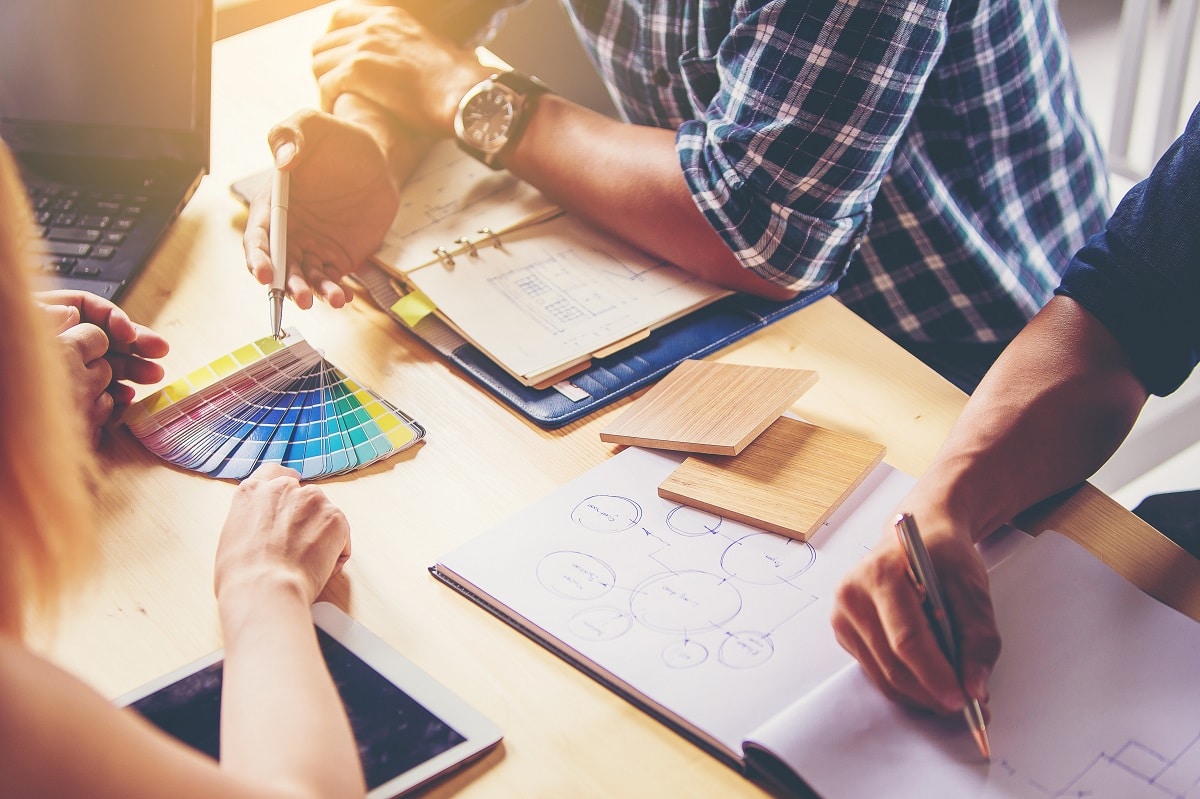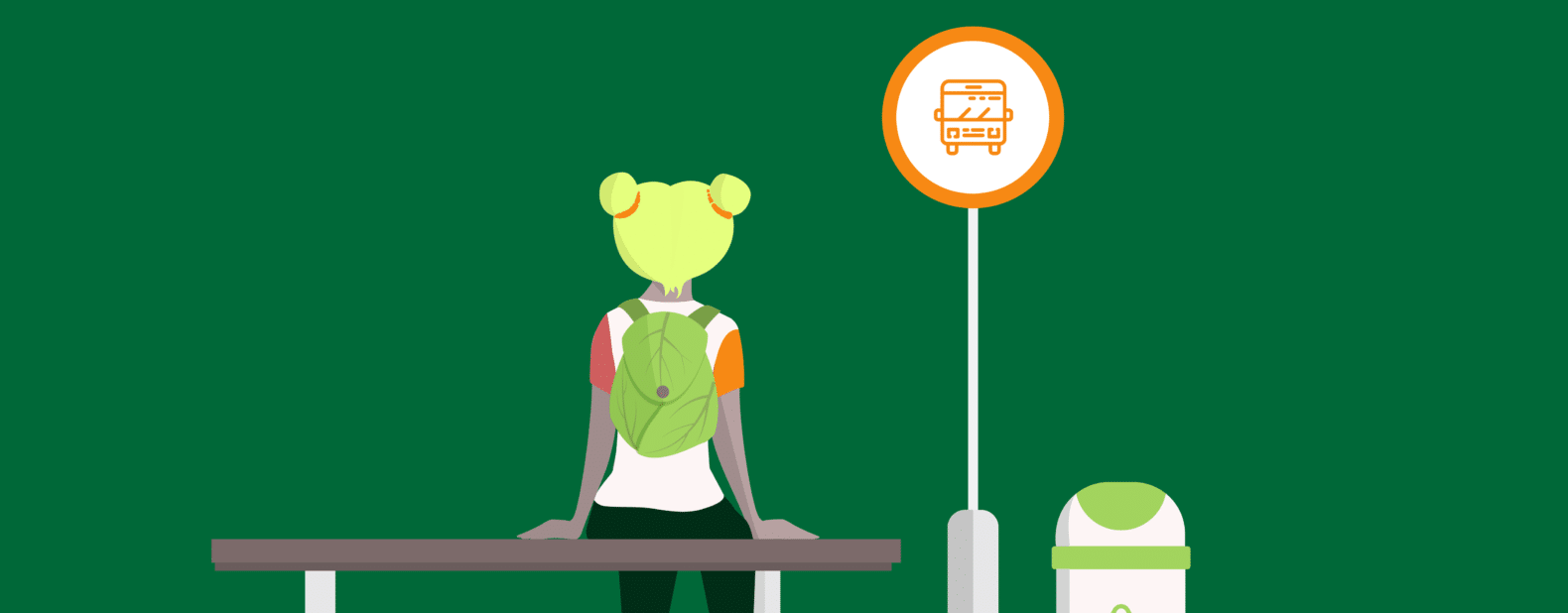The creation of plastic was with noble intent. To save millions of elephants from being slaughtered for their ivory to be turned into balls to cater to the exploding population of billiard, John Wesley Hyatt invented the first polymer. This invention paved the way for plastics and gave birth to the notorious single-use plastic that is now littering not only our oceans but also our bodies, slowly killing everything in its wake.

Looking back at the movies and comics in the last century or so, you’ll notice that when it came to how they envisioned the future, they saw the advancement and technology as mostly a means to make the lives of human beings more enjoyable, simpler, and to make work efficient. What they never portrayed or imagined was the amount of damage to the planet we’d create on our path to get there.
Luckily though, there are more than enough of us who have realized the error of our ways and are working hard to try to reverse the damage we’ve caused. The biggest contributor to lead us to our goal of becoming kinder to our planet is the change we’ve decided to make on our materials.
We’re Sourcing Materials From Better Places
Companies like Allbirds are sourcing materials that are renewable or low impact, as well as functional to make long-lasting products. They create shoes from sheep’s wool and castor bean oil, both sourced from mother nature herself.
Ethique, who creates eco-friendly soap, shampoo, and conditioners has taken the step to reduce the destruction of ancient rainforests by partnering with The Roundtable on Sustainable Palm Oil (RSPO). They are holding companies accountable and requiring them to meet criteria to be considered as sustainable palm users and to bear a certificate to prove their qualification. Palm oil, which is responsible for the loss of forests in countries like Indonesia, Malaysia, and parts of Africa, has displaced animals like tigers, elephants, and orangutans and pushed them to the brink of extinction.
Biofase has developed a way to reduce waste while creating an environmentally safe product by creating bioplastic cutlery from the unusable avocado pits.
Clare Paint is taking a step on a greener path by creating beautiful shades of home paints while using zero volatile organic compounds (known as VOC), no hazardous air pollutants (HAPS), or toxic air contaminants (TACs) which are terrible for the environment, but also your health.
Single-use anything is one of the biggest offenders when it comes to pollution. Onya is creating products that are eco-friendly, with one of the products being a food-grade silicone coffee cup. Silicone, like plastic, is tough, and waterproof but with the added benefits of it being made from silica which is found in sand. So you can enjoy your morning cuppa without the guilt.
We’re Recycling Materials to Create New Things
The last but certainly most popular “re” in the trifecta of eco-friendliness, recycle is proving to be doing the most for the planet. Companies are now finding innovative ways to use what was once a landfill-destined material.
Econyl is leading the way in the recycling game by recycling nylon from fishing lines and nets to create materials used for fashion apparel, carpets, and other accessories. They have joined together with other companies like Burberry, Bondi Swim, Gucci, Prada, and a list of others to create beautiful garments.
“Sustainable style done differently”. Rothy’s is crafting shoes from single-use plastic bottles. The shoes are not only functional, and comfortable, but also durable and washable. Currently, they have recycled 76.7 million plastic bottles, and they don’t plan on stopping.
Most wetsuits are made from closed-cell foam neoprene, a type of synthetic rubber which unfortunately means it’s not too great for the environment. Suga Mats has taken the initiative and are recycling these environmentally destructive wetsuits into yoga mats.
We’re Considering New Ways to Package.
Clever little bag by Puma has redesigned the shoebox. They reduced the number of materials they used significantly all by changing their typical shoebox packaging to a reusable bag with a paper insert that when used together, functions just like a shoebox.
Coke is teaming up with a Danish startup to create a bottle that is made of 100% paper. While their current prototype still uses a plastic liner on the inside, they are working on finding a way to remove the plastic altogether. They intend to use this for their products that are both carbonated and still.
We’re Thinking of the Impact of Product Delivery
To offset the carbon emitted from delivery, companies like Etnies, Baron Fig, and Pacific Shaving Co. have teamed up with tree planting companies to plant a tree for every product ordered, and with online purchases becoming the norm, offsetting our carbon footprint has never been more essential.
As more and more people are becoming aware of the impact of pollution, companies are finding clever ways to source materials for their products to best align with their customers’ beliefs, and while we are still in the very beginning of turning over a new leaf to clean up our environment, the steps that these companies have taken will pave the way to a cleaner planet.
